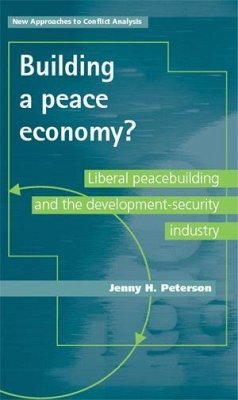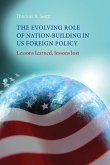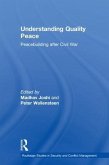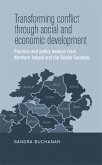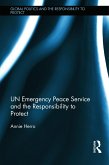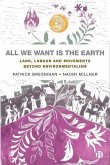This book critically examines the range of policies and programmes that attempt to manage economic activity that contributes to political violence. Beginning with an overview of over a dozen policies aimed at transforming these activities into economic relationships which support peace, not war, the book then offers a sustained critique of the reasons for limited success in this policy field. The inability of the range of international actors involved in this policy area, the development-security industry (DSI), to bring about more peaceful political-economic relationships is shown to be a result of liberal biases, resulting conceptual lenses and operational tendencies within this industry. A detailed case study of responses to organised crime in Kosovo offers an in-depth exploration of these problems, but also highlights opportunities for policy innovation. This book offers a new framework for understanding both the problem of economic activity in conflict zones, and the programmes aimed at managing them. Summaries of key arguments and frameworks, found within each chapter, provide accessible templates for both students and aid practitioners seeking to understand war economies and policy reactions in a range of other contexts. It also offers insight into how to alter and improve policy responses in other cases. As such, the book is accessible to a range of readers, including students interested in peace, conflict and international development as well as policy makers and practitioners seeking new ways of understanding war economies and improving responses to them.
Bitte wählen Sie Ihr Anliegen aus.
Rechnungen
Retourenschein anfordern
Bestellstatus
Storno

